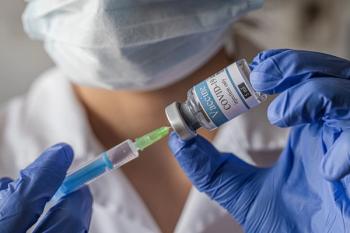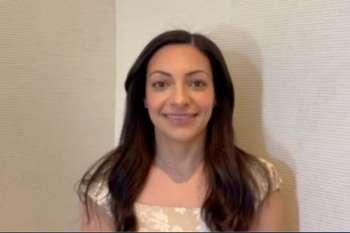
IKA 2024: Pediatric prevalence of keratoconus and the dire clinical implications
Early diagnosis of keratoconus is vital given the disease's prevalence in pediatric patient, according to Jennifer Harthan, OD, FAAO, FSLS.
Jennifer Harthan, OD, FAAO, FSLS, shared the importance of early diagnostics and pediatric screening of keratoconus as discussed in a talk she gave with Andrew S. Morgenstern, FAAO, FNAP; S. Barry Eiden, OD, FAAO, FSLS; and Ann Ostrovsky, MD during this year's International Keratoconus Academy (IKA) Keratoconus Symposium.
Video Transcript
Editor’s note - The following transcript has been lightly edited for clarity.
Jennifer Harthan, OD, FAAO, FSLS:
Hi, my name is Jen Harthan. I'm Chief of the Cornea and Contact Lens Clinic at the Illinois College of Optometry and I'm here at the IKA meeting. I was able to present our research on pediatric prevalence yesterday and key takeaways from the meeting are that pediatric prevalence of keratoconus is higher than we had previously thought. And it's in line with recent reports of the adult prevalence of keratoconus. So, what does that mean for us? What it means is that we should be looking for it. We need early diagnostics to screen for pediatric keratoconus in our offices and we also need to be treating at [inaudible], a time of diagnosis. So, as we know, when patients are diagnosed with keratoconus earlier, they tend to have worse prognosis and their disease tends to be much more complex, more complicated, and many of those patients often need a corneal transplant down the road. So if we can diagnose them earlier, we can actually treat them earlier with the new treatments maybe that we're hearing and then also they have better quality of life down the road which is think in our world that's ultimately our goal is to improve their quality of life and to prevent vision loss.
Newsletter
Want more insights like this? Subscribe to Optometry Times and get clinical pearls and practice tips delivered straight to your inbox.





























